There is no one-size-fits-all answer to this question, as the most effective way to perform well in a competitive exam will vary depending on the specific exam, the individual’s strengths and weaknesses, and their learning style. Vote your opinion below:
However, there are some general tips that can help to improve one’s chances of success:
- Start early. The earlier you start preparing, the more time you will have to learn the material and practice answering questions.
- Create a study plan. A study plan will help you to stay on track and to make the most of your time.
- Gather your study materials. This may include textbooks, review guides, practice exams, and other resources.
- Find a study buddy or group. Studying with others can help you to stay motivated and to learn from each other.
- Review the material regularly. Reviewing the material regularly will help you to remember it and to identify any areas where you need more practice.
- Take practice exams. Taking practice exams under timed conditions will help you to get used to the format of the exam and to identify any areas where you need to improve your time management skills.
- Get enough sleep. Getting enough sleep is essential for cognitive function and memory.
- Eat a healthy diet. Eating a healthy diet will give you the energy you need to study and to focus.
- Reduce stress. Stress can interfere with learning and memory. Find healthy ways to manage stress, such as exercise, relaxation techniques, or spending time with loved ones.
On the day of the exam, it is important to arrive early and to relax. Take some deep breaths and visualize yourself doing well. Read the instructions carefully and answer each question to the best of your ability. If you get stuck on a question, don’t spend too much time on it. Move on and come back to it later if you have time.
Here are some additional tips that may be helpful:
- Identify your learning style. Are you a visual learner, an auditory learner, or a kinesthetic learner? Once you know your learning style, you can choose study methods that are most effective for you.
- Use active learning strategies. Active learning strategies, such as taking notes, creating flashcards, and teaching the material to someone else, can help you to learn and retain information more effectively than passive learning strategies, such as reading and re-reading the material.
- Take breaks. It is important to take breaks while studying to avoid burnout. Get up and move around, or do something else that you enjoy for a few minutes.
- Reward yourself. When you reach a study goal, reward yourself with something that you enjoy. This will help you to stay motivated and on track.
Remember, everyone learns differently and there is no one right way to prepare for a competitive exam. The most important thing is to find what works best for you and to be consistent with your studies.
- Medical Student Arrested in Patna: Burnt OMR Sheets, Admit Cards, and Cash Seized

- CBSE Recruitment 2025: Apply for Superintendent and Junior Assistant Posts
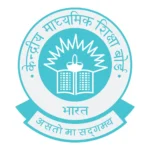
- BSEB Bihar Board Exams 2025: Admit Cards Released for Inter-Practical Exams
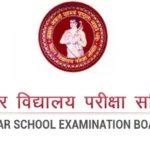
- ICAI CA Final November 2024 Result Declared: Top Rankers Announced
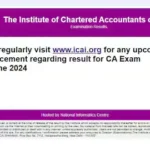
- Frequent Changes in Canadian Immigration Policies Fuel ‘Packages’ Culture: Experts Warn Students


















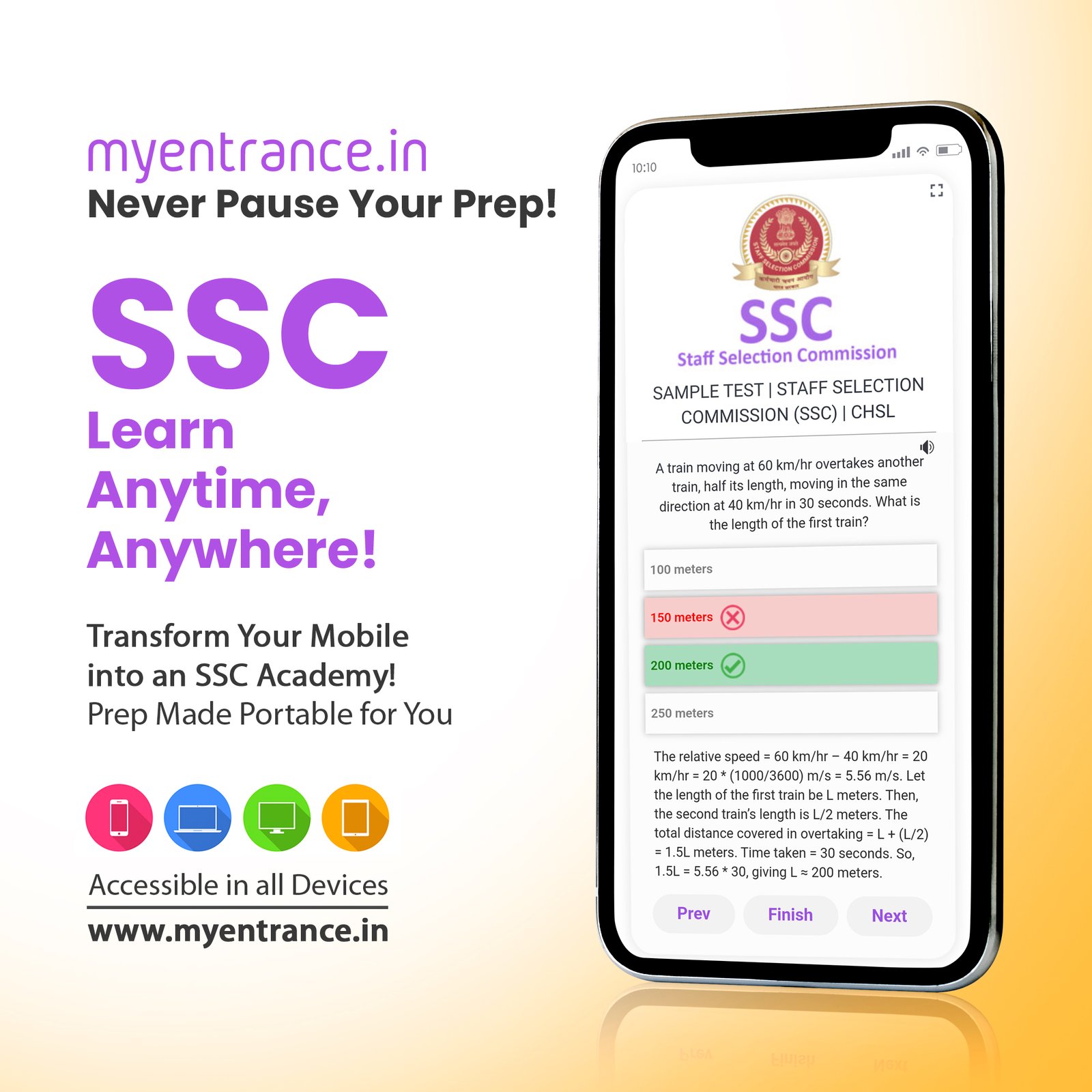

























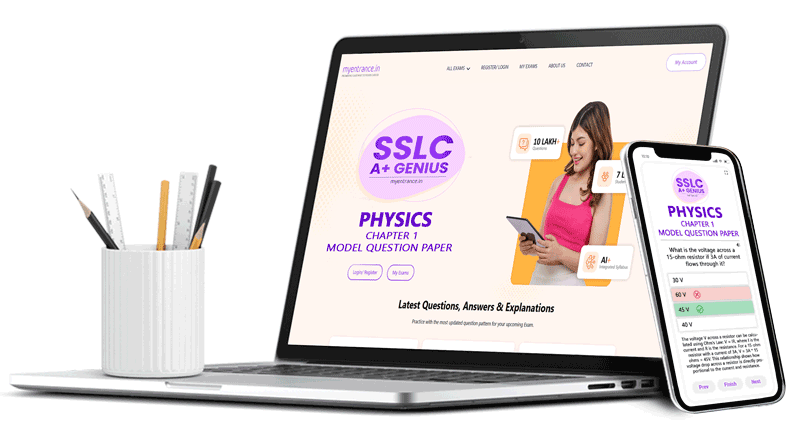












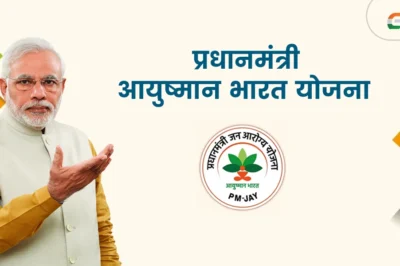

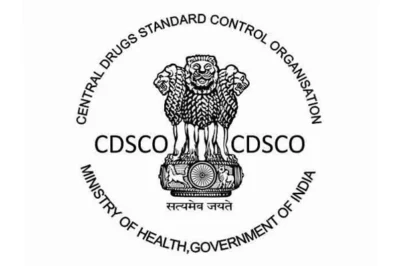












Leave a Reply